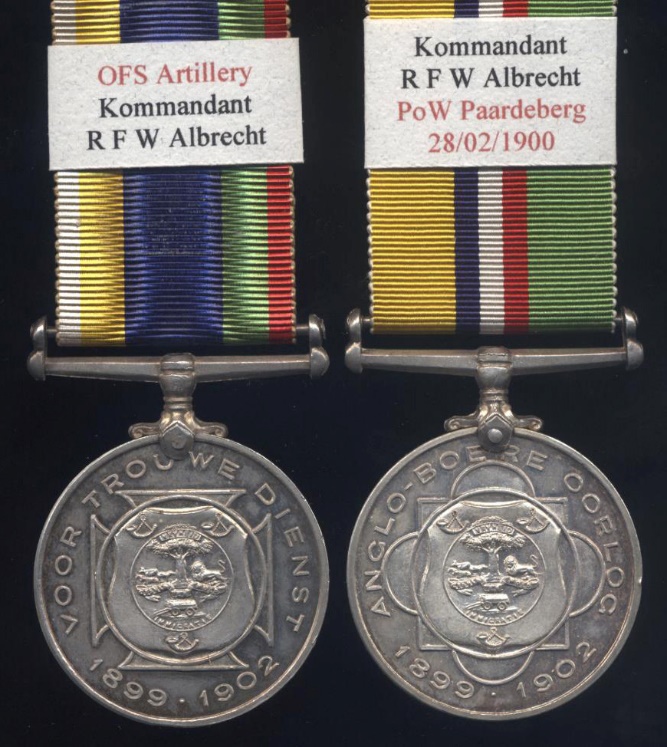ANGLO BOER WAR: FOREIGN VOLUNTEERS.
ANGLO BOER WAR: REMEMBERING THE FOREIGN VOLUNTEERS.
Jennifer Bosch
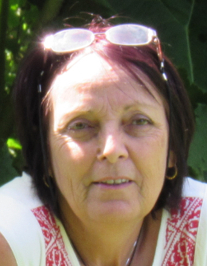

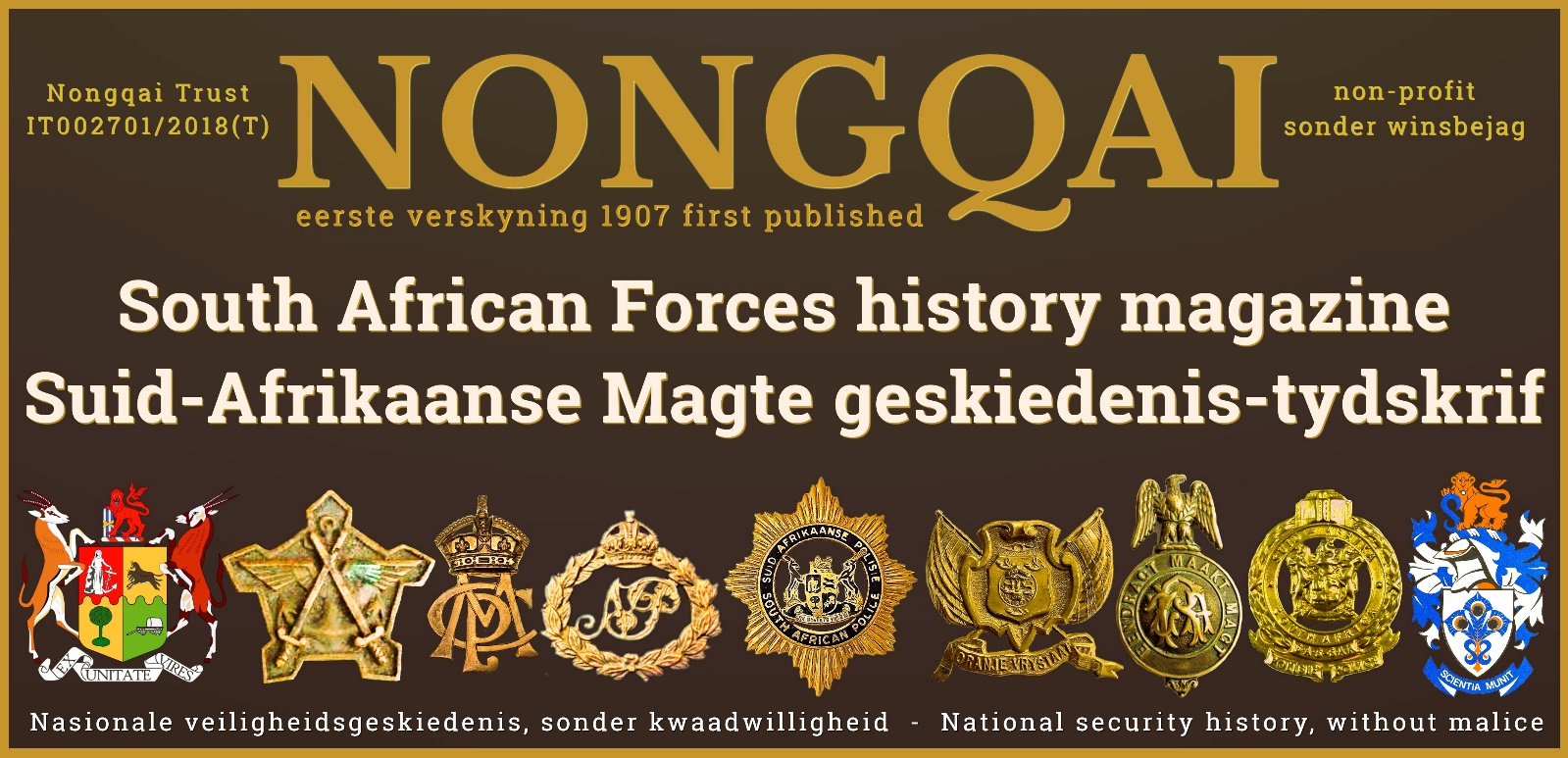
The old Parsonage Museum in Utrecht, KZN
Tucked behind the old Parsonage Museum in Utrecht, KZN, is the Wall of Remembrance to the Foreign Volunteers who stood alongside the Boers against the British in the 2nd Anglo Boer War.
Italians, Russians, Jews, Scandinavians, Scottish, Spanish, Swiss, Danish, French, German, Portuguese, Hungarians…. we remember them!
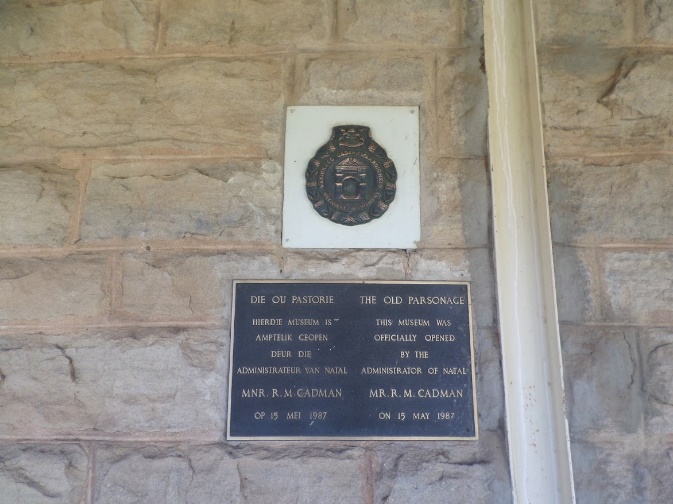
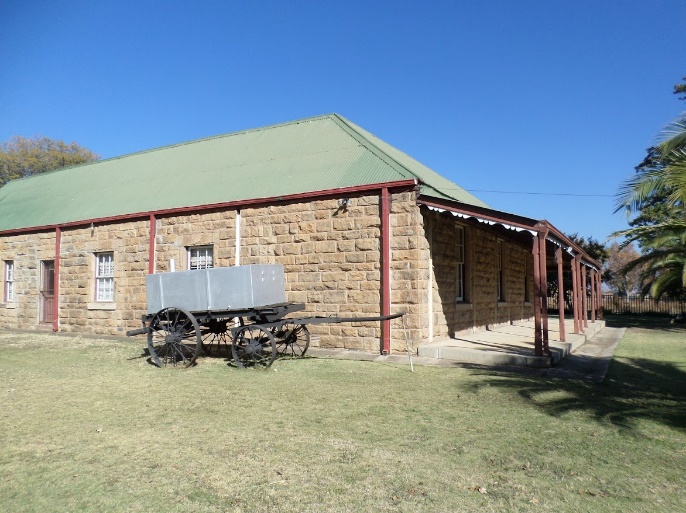
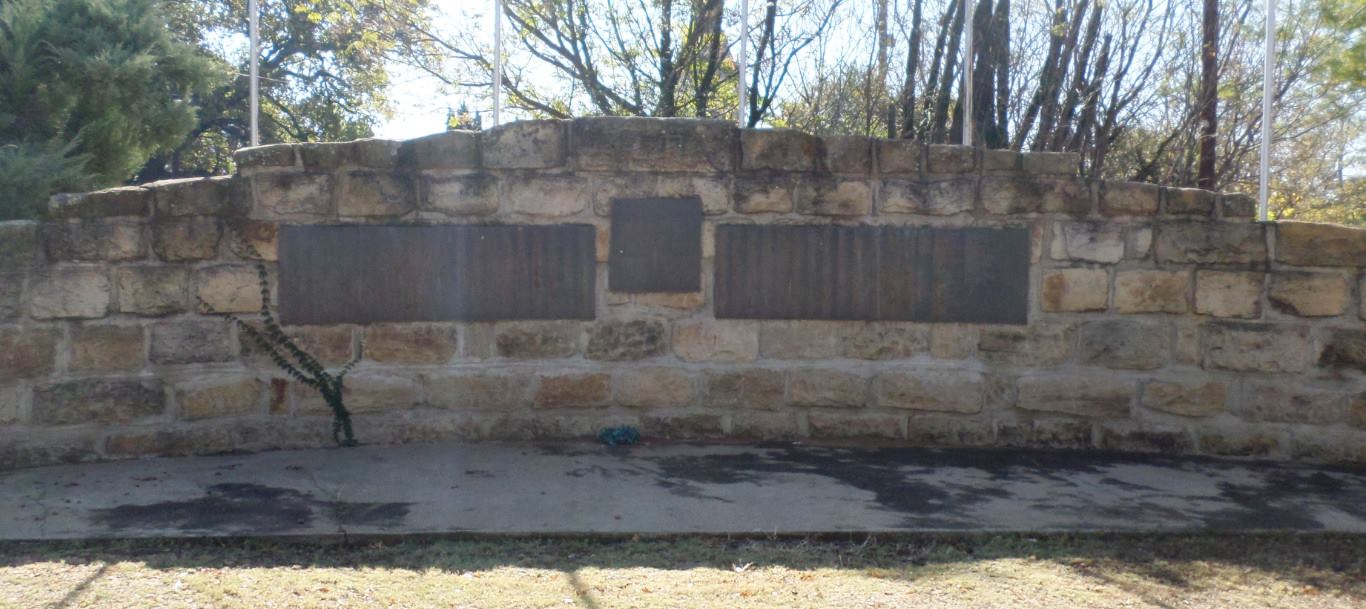
Harry Spanier – (American Jew)
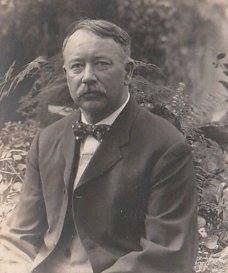
Harry Spanier
Spanier was the first Jewish casualty on the Boer side, killed on the field of battle during a night attack of Surprise Hill, at the siege of Ladysmith.
Harry died after being mortally wounded during a nighttime skirmish between Boer and British forces near Ladysmith. According to Rev. Father A. Baudry’s account:
Around 2 a.m., Harry’s picket was attacked by British troops, resulting in heavy gunfire that lasted about an hour. Although the British were ultimately repulsed, they managed to destroy one of the Boer guns with dynamite.
Two Boers were killed and fourteen wounded — Harry among them. He was shot in the stomach and was in critical condition. He died later that day in an ambulance wagon en route to a train that would have transported him to Johannesburg.
(Extracted from jewishgenblog)
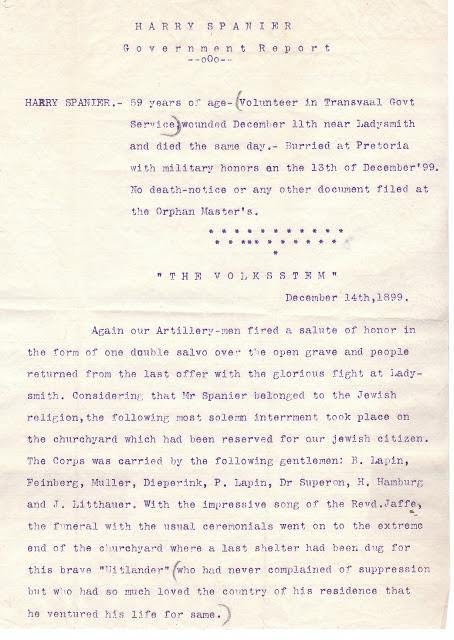
Harry Spanier – government report of what took place in Pretoria on December 13, 1899, with President Paul Kruger in attendance.
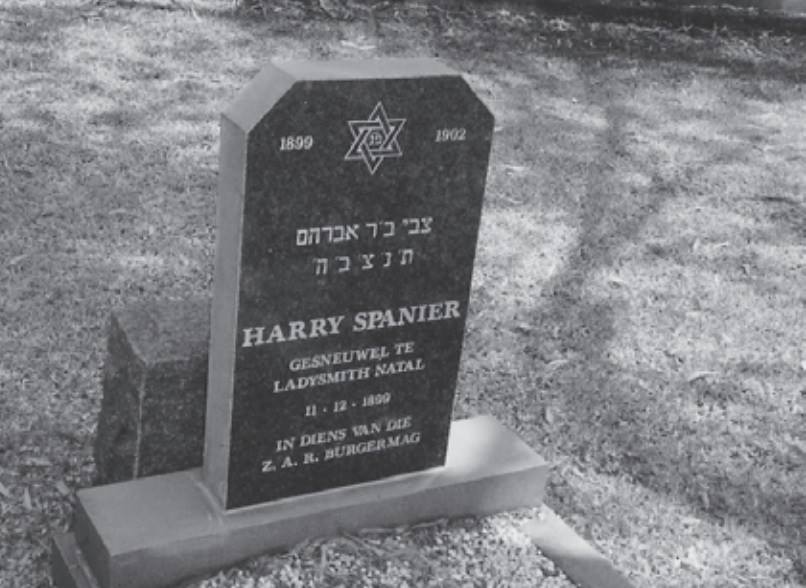
Headstone for Harry Spanier
John Young Fillmore Blake (Irish-American)
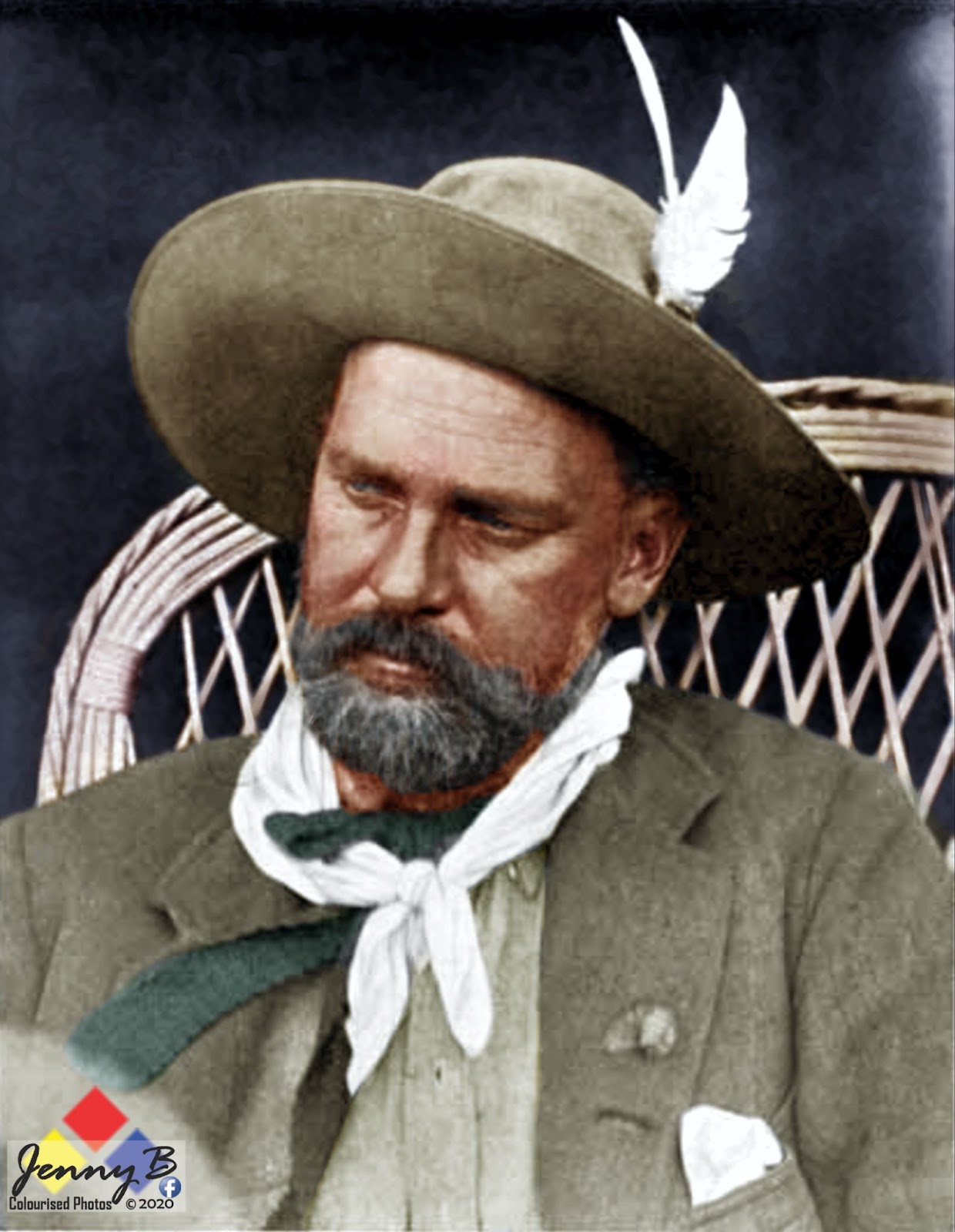
Colonel Blake
Colonel Blake originally served as a lieutenant in the US Army, resigning his commission in 1889 after participating in the Apache Wars. After an unsuccessful business venture in Grand Rapids, he journeyed to South Africa to seek his fortune as a gold prospector. In 1899, when John McBride formed the Transvaal Irish Brigade for the Boers, recruiting American Irish miners, Blake was chosen as its commander. However, he was wounded early on, prompting McBride to assume leadership. The brigade played a notable role by operating Long Tom during the siege of Ladysmith and by delaying the British advance on Pretoria through the destruction of key bridges.
Alexander Guchkov – (Russian)
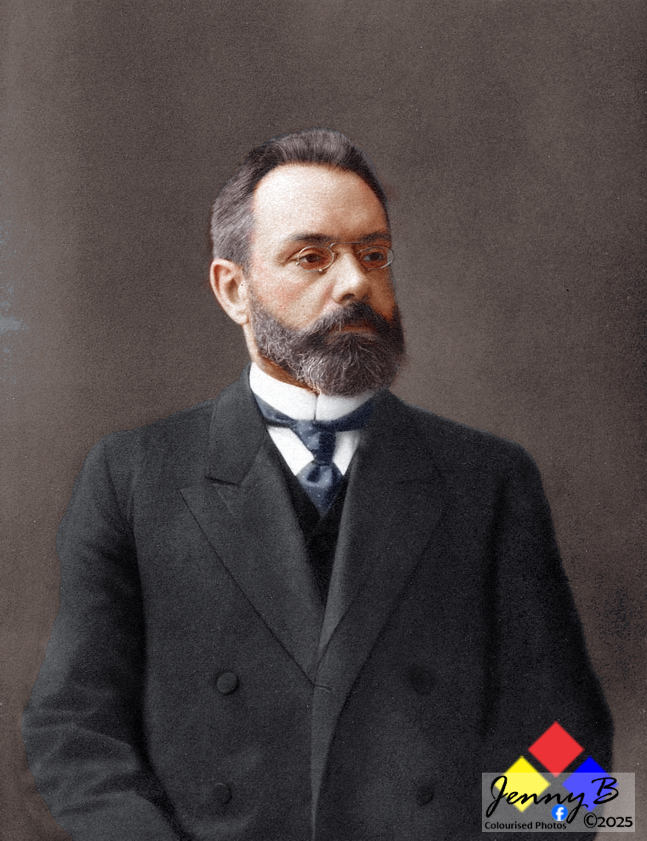
Alexander Guchkov
Alexander Guchkov was a prominent Russian political figure who volunteered and fought for the Boer side in the Second Boer War (1899-1902). He was wounded and taken prisoner by the British during the conflict. His experience in the Boer War, along with his other travels and adventures, contributed to his reputation as a man of action and helped shape his later political career in Russia. Guchkov later emigrated to France and died in Paris in 1936.
(Source: https://www.prlib.ru/en/history/619663)
Nikolai Bagration-Mukhran – (Russian)
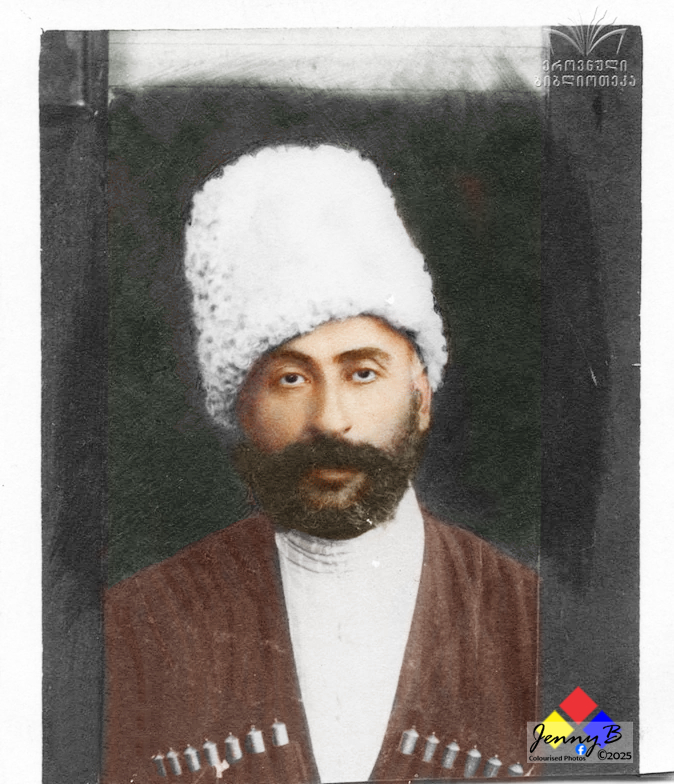
Niko the Boer
The Russian Prince who fought for the Boers – Nikolai Bagration-Mukhran fought in South Africa, saw Churchill and was a prisoner on St. Helena. At the end of his life, he had to sell cigarettes on the streets of Tbilisi, but every buyer knew that before them was Prince Niko Boer.
Prince Nico was a descendant of the ancient clan Bagrationi. Educated, he spoke English and French – better than native Georgian. Nico’s family was royal, but in debt. His father somehow owed Nicholas II 600 тысяч рублей (six hundred thousand Rubles). The king forgave the debt, but he did not give any more money. Nico had to earn on his own: he owned a woollen factory, then managed contractors on the Kara Railway.
With the advent of the new 20th century, Bagration-Mukhran goes to St. Petersburg, then to Paris, and from Marseilles sails to South Africa. He thought he was going to hunt lions.
In his book of memoirs, he confesses that he knew almost nothing about South Africa. Neighbours in the cabin explained to Nico that since October 1899 the Transvaal Republic and the Orange Free State had confronted the British Empire there. Then the war began.
Nico’s heart filled with pain for the Boer people. After all, he himself was the prince of a small proud country. He felt ready to protect the Transvaal at the cost of his own life.
In his memoirs, the prince describes the meeting with the president, as very warm. It was attended by Gezina, the wife of Kruger and the famous Boer generals: De la Rey, Petrus Jakobus Joubert and Cronje. They drank coffee. Kruger had never heard of Georgia, but before the parting he supposedly offered money and land to the guest. The prince in return promised to fight the English.
On March 24, 1900, Nikolai Bagration-Mukhran was taken prisoner. During the interrogations, Winston Churchill, a military correspondent for the Morning Star newspaper, was present. “I CAME TO AFRICA TO TRAVEL, BUT WHEN I HEARD THAT THE MIGHTY BRITAIN ATTACKED THESE VALIANT PEOPLE, I DECIDED TO JOIN THE BOERS ARMY. EVERY NATION HAS THE RIGHT TO LIFE, “THE PRISONER REPEATED.”
Georgian charm did not work, and Nico was sentenced to death. Standing in front of the firing squad, he was clutching in his hand a photograph of his mother dressed in a traditional Georgian dress. The officer who led the execution went up to him and took the picture from him.
– Who is it? Asked the officer.
– This is my mom.
– And who are you and where from?
– I’m Nikolai Bagration-Mukhran from Georgia.
Nico was very lucky, because the British knew and respected his uncle – the Russian general Peter Bagration-Muhran, who fought against Napoleon. The execution was replaced by a ‘sentence’ to St. Helena, where the Emperor of France spent his last years in captivity.
Nico spent 7 months on the island. He missed Georgia, painted pencil portraits of his bride Anna, went to the former grave of Napoleon and wrote letters home. One of the letters was published by the Georgian newspaper “Iveria”. After that, Nikolai became a hero in his homeland, and the nickname “Boer” stuck to him for the rest of his life. Ships from America and even England began to bring gifts from fans. In November 1901 the British took pity and allowed Bagration-Muhran to leave the island but at his own expense. Fortunately, the transport costs were borne by the French brother-in-law of the Georgian, Count Brad.
After his return, Niko did not leave his home for a long time. He stayed in Tbilisi, even when the Bolsheviks repressed half of his relatives and confiscated most of the property. Bagration-Mukharsky tried to secure a pension, as a participant in the Anglo-Boer war, but without success. The prince survived by selling cigarettes and antiques. He died quietly in 1933.
Source: Extracts taken from the writings of Maria Charkina and electronically translated from Russian HTTPS://WAS.MEDIA/2017-11-01-NIKO-BUR/
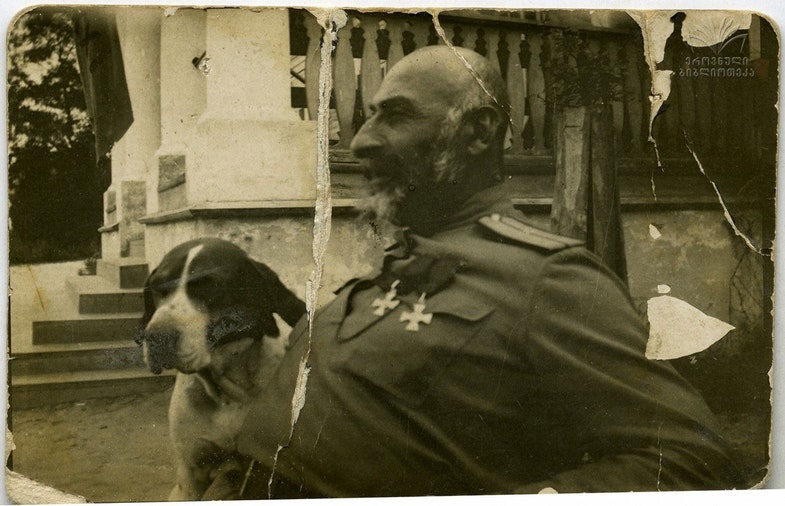
Niko the Boer – 1919
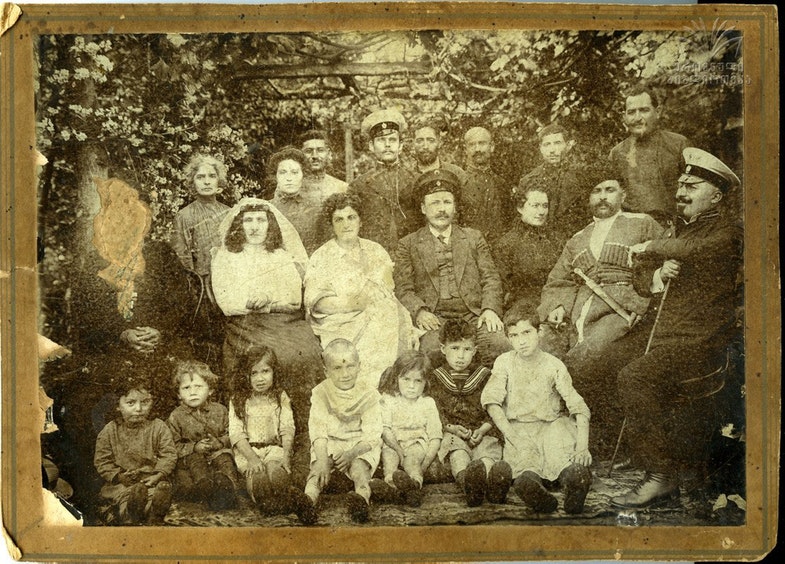
Prince Nikolai Bagration-Mukharsky in national costume 2nd right middle row-National Parliamentary Library of Georgia
Commandant Albrecht (German)
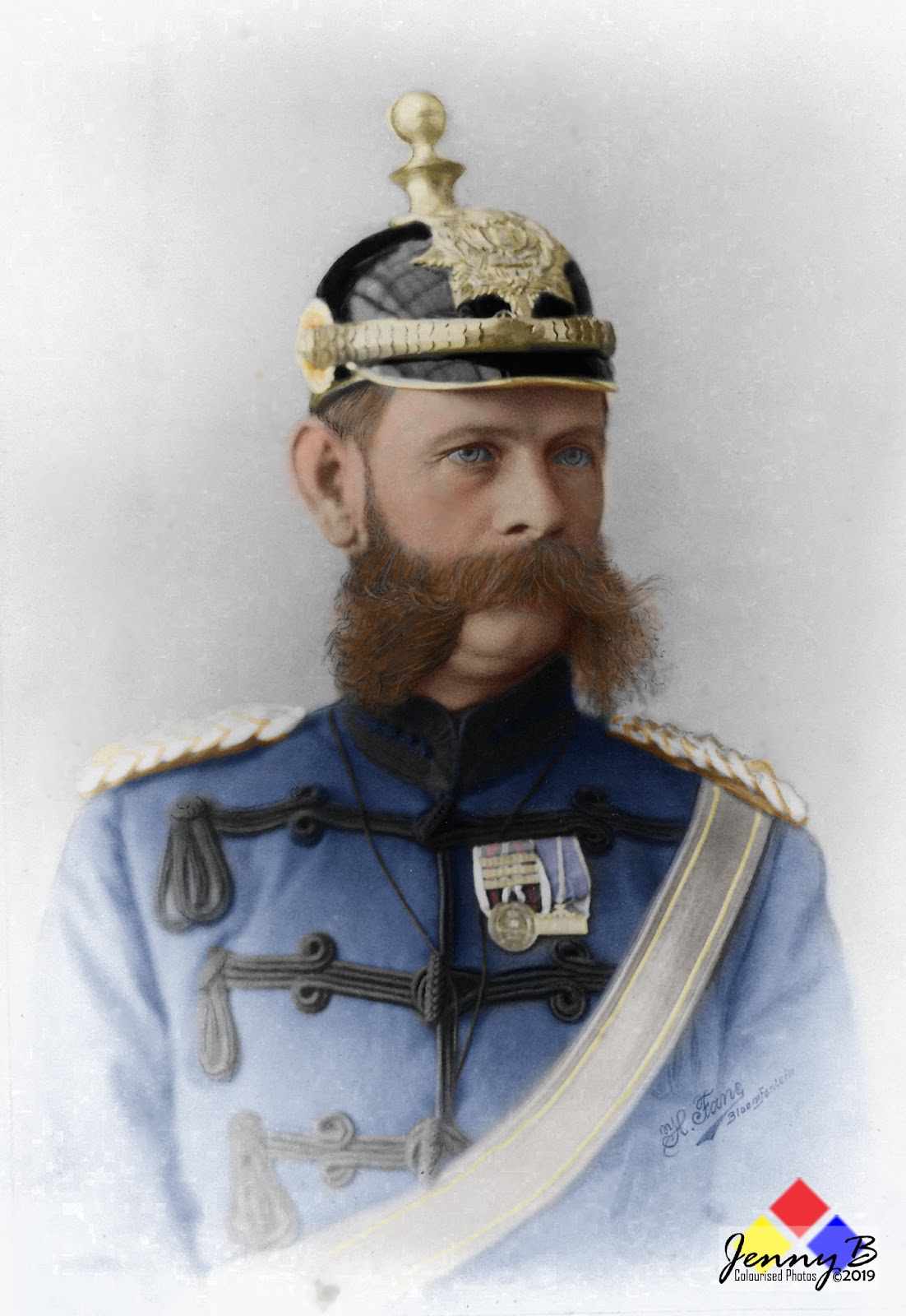
Commandant Albrecht
Major Richard Fredrich Wilhelm Albrecht was born in Berlin in 1848. He was a distinguished military figure who served in the German Guards Artillery during the Franco-German War before dedicating much of his career to the Orange Free State.
After emigrating to South Africa in 1880, he became commander of the Free State Artillery and later founded and led the Mounted Service Police Corps (OVS Rijdende Dienst Macht – OVSRDM). A key participant in numerous Anglo-Boer War battles—including Paardeberg, where he was captured alongside General Cronje—Albrecht was highly respected for both his military service and civic contributions.
Following the war, he settled in Bloemfontein as a Justice of the Peace and longtime chairman of the Buildings Commission, earning a lasting reputation as a man of honour and integrity.
